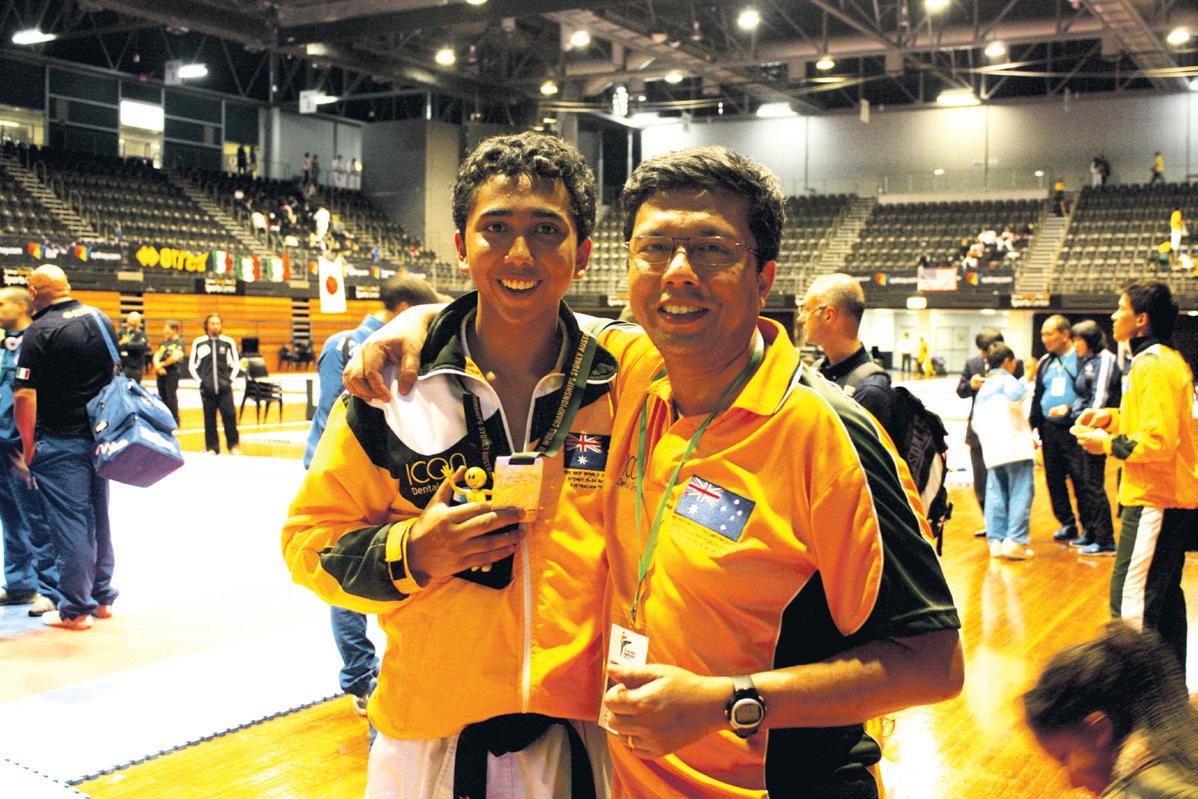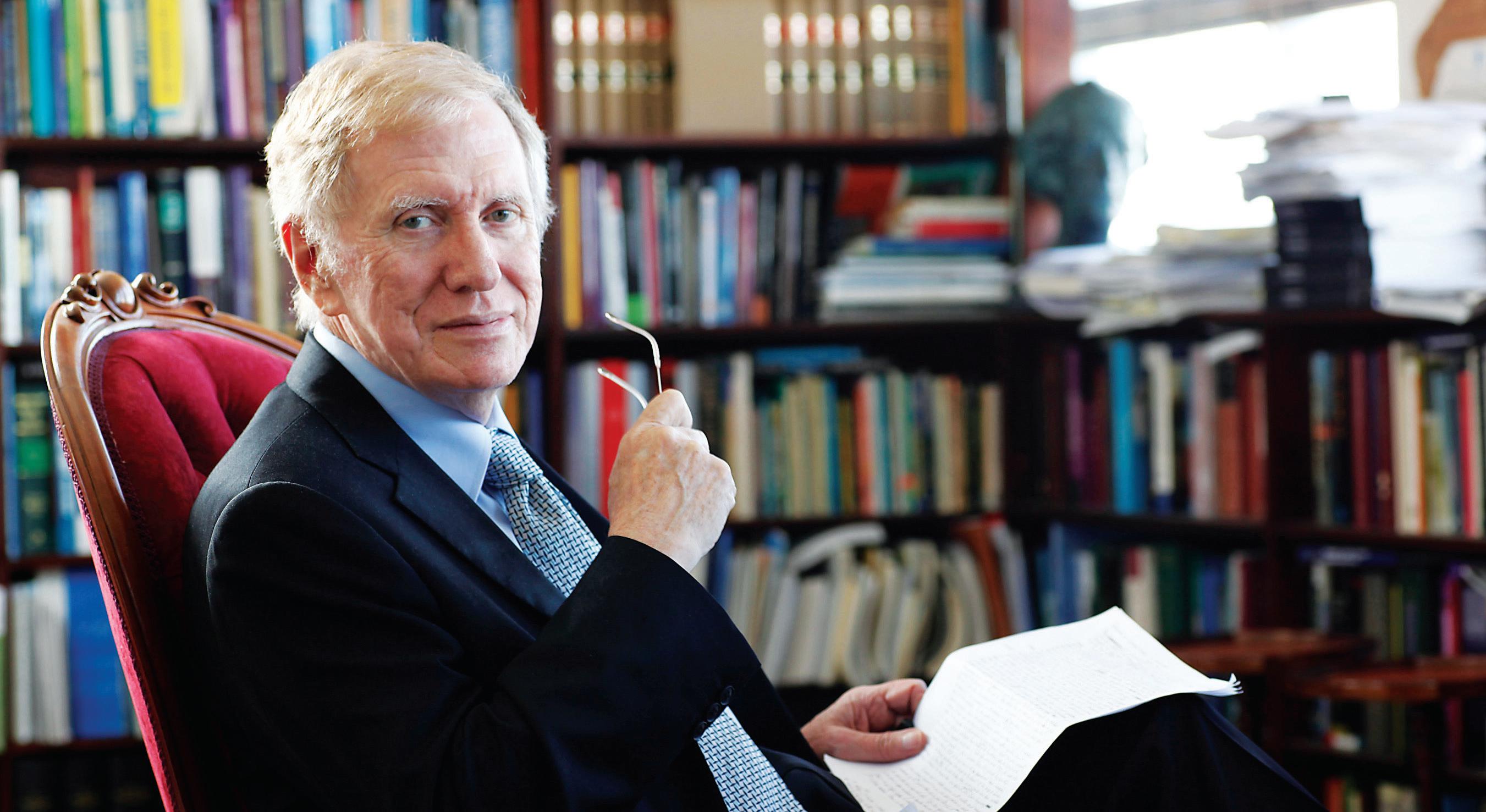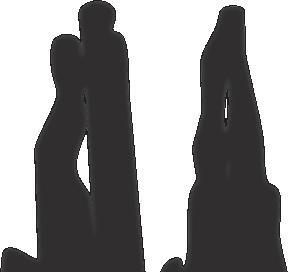
3 minute read
Silver win
from 2013-01 Sydney (1)
by Indian Link
The Shotokan Karate World Championships have been held every three years since 1985, with the first organised in Japan. Since then, the competition has visited Germany, Mexico, Italy, South Africa and Greece – with a record 72 countries taking part in the 2006 edition in Japan.
days/week for the last two years. We have had to sacrifice socialising and focus on training and school/ work over the last two years. The support of my wife has been invaluable to enable us to spend this time on training,” he reveals.
also taking part. Dr Kumar had a very successful tournament, taking home four medals.
Representing your country in the sporting arena is a huge honour – but it is something different to represent your country together with your son. In late 2012, Sydney played host to the 11th Shotokan Karate World Championships, and Ron Barooah, along with son Uday, were part of the Australian contingent. Uday finished with a silver medal in the 14-15 year old boys Kumite division, in just his first World Championship – and together with his father, formed the only father-son pairing in the entire championship.
Ron, who competed in the 50-54 age group at the Championships in 2012, started Taekwando in India, and despite a long break from martial arts after migrating to Australia, he revived his skills at a Shotokan Karate dojo in Epping, under Sensei Doug. Speaking of his choice of Shotokan as his discipline Ron says, “The simplicity of Shotokan as well as its strong linkages to the traditional sources attracted me to it.”
“The ultimate objective of karate is the perfection of character. Hence there is no age limit. The old masters are physically aged, but spiritually strong and advanced,” he adds. The competitors came from a variety of backgrounds, and the oldest competitor was Sensei Perla
Fernandes (5th Dan) from Uruguay – at a staggering 86 years of age. Speaking of his influence on both his sons’ interest in the sport, Ron admits to a little ‘encouragement’. “It was very important for me to introduce both my sons to karate, and they are both black belts. Uday started when he was seven years old. He won medals in the States in 2006, and then got hooked,” he explains.
Ron himself won gold in the karate Australian Open and silver in the Australian national championship during 2012, but he didn’t make the grade in the World Championships. However, it was an honour to be a part of the march past and to cheer on his team members, including son Uday.
Ron labels the selection process as ‘long and arduous’. “It (the selection process) started two years before the World Championship. The team trials and selections were in Hobart in October 2011, followed by another year of constant training and evaluation. Uday and I have trained 5 to 6
The Australian team itself featured some 50 members – a larger squad due to the fact that they were on home soil. Although largely an individual sport, there were some events where teams of three or four competed – and Australia recorded a silver in the ladies Kumite, as well as bronze in the men’s Kumite, which Ron labels ‘an outstanding result’.
The competition was Uday’s first at a World Championship, and Ron was generous in his praise (as well he might be) of his son! “Uday’s performance in his first Worlds was spectacular. Thanks to our intense training he performed like a veteran,” he says proudly.
Although of Indian background, Ron holds no qualms about competing for Australia. “To represent a country is a great honour. To represent Australia in sport is an even greater honour given the love for sports (here),” he says. And indeed, Ron and Uday were not the only members of the side with immigrant backgrounds. The ex-Indian contingent was the largest, with two other members, Dr Prashant Kumar (Victoria) and Bikramjit Ghosh from Tasmania
The experience was ‘unbelievable’, according to Ron. “The team sessions, the mutual support, the warm ups, march past, cheering for each other, even rejoicing and commiserating as a team…a dream experience,” he states enthusiastically.
Although karate is so physical, Ron draws from it far more than just the ability to defend himself. “Karate teaches you to perfect character. I have learned to be calm, constantly work to improve myself and not focus too much on the outcome. It was the spiritual side of martial arts which drove me to introduce my sons to karate,” he explains.
So, what’s next in line for this dynamic duo? Ron has a dream which might yet become a reality for at least one of them. “Uday now wants to represent Australia again and also keep training for the day when karate becomes an Olympic sport…and to become an Olympian. It will be too late for me, but he should manage,” he says adding, “We are working to make karate an Olympic sport for Tokyo 2020. Please look at ‘the K is on the way’ campaign on YouTube. Karate is for everyone. My message is that if you have a dream to become an Olympian start now...Uday has proved it can be done!”












